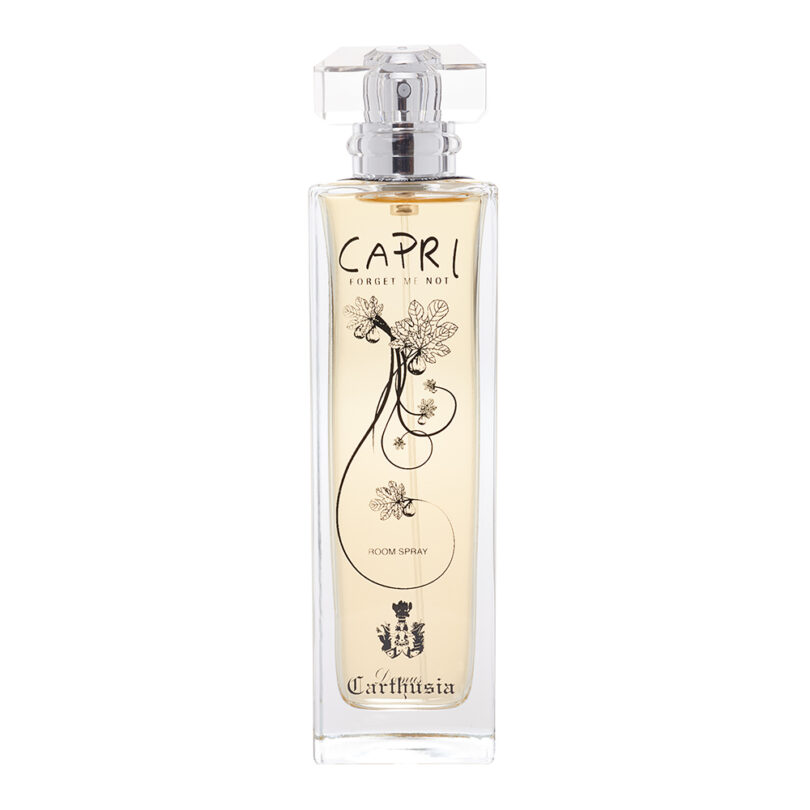Perfumes may not last on you due to factors like skin type, body chemistry, and application technique. When it comes to why perfumes do not last on you, it boils down to a few key reasons.
First, your skin type and body chemistry play a significant role in how fragrances interact with your body. Certain skin types, such as dry or oily skin, can affect the longevity of a perfume. Additionally, individual body chemistry can either enhance or diminish the scent.
Furthermore, the way you apply the perfume can also impact its staying power. By understanding these factors, you can better navigate the world of fragrances and find scents that last longer on your skin.
Understand The Chemistry Of Perfumes
Understanding the chemistry of perfumes is essential to comprehend why they don’t last on certain individuals. Perfumes comprise a range of components, including fragrance notes, that contribute to their scent and longevity. These components can be classified into three main categories: top notes, middle notes, and base notes. Top notes are the initial scents that are perceived upon application but evaporate quickly. Middle notes emerge after the top notes dissipate and form the core of the fragrance. Finally, base notes are the foundation of the perfume and tend to linger the longest.
When perfumes interact with the skin, various factors can affect their longevity. The pH level of the skin, moisture, body temperature, and even diet can influence how perfumes perform. In addition, the individual’s skin chemistry reacts differently with different perfume ingredients, resulting in variations in scent and longevity. Some people may find that certain perfumes simply do not mix well with their body chemistry, causing them to dissipate quickly.
Factors Influencing Perfume Longevity
There are several factors that can influence the longevity of perfumes on the skin. One of the key factors is the individual’s skin type and pH level. Everyone has a unique skin composition, and some skin types tend to retain fragrances better than others.
Environmental factors also play a role in the lasting power of perfumes. Heat, humidity, and even air quality can affect how long a fragrance lingers on the skin. Hotter temperatures and higher humidity levels can cause the fragrance molecules to evaporate more quickly, resulting in a shorter lifespan on the skin.
The way a perfume is applied is another important factor. Proper application techniques can help enhance the longevity of a fragrance. Spraying the perfume on pulse points such as the wrists, neck, and behind the ears can help the fragrance to diffuse and last longer.
Common Mistakes That Affect Perfume Longevity
Perfume lovers often encounter the frustrating experience of their favorite scents not lasting on their skin as long as they would like. This can be attributed to several common mistakes that affect perfume longevity. One mistake is over-application. While it may be tempting to douse oneself in fragrance, doing so can actually have the opposite effect and cause the scent to fade more quickly. Another mistake is mixing fragrances. Layering different scents without considering how they interact with each other can result in a muddled and short-lived fragrance experience. Additionally, not considering the fragrance concentration can impact longevity. Perfumes with lower concentrations, such as eau de toilette, tend to have shorter staying power compared to more concentrated versions like eau de parfum.

Credit: www.amazon.com
Tips On Maximizing Perfume Longevity
For those who find that perfumes don’t last on them, there are several tips that can help maximize fragrance longevity. Firstly, choosing the right fragrance concentration is crucial. Opting for parfum or perfume oil, which have higher concentrations of fragrance oils, can result in longer-lasting scents. Secondly, applying perfume on pulse points can enhance its longevity. Pulse points, such as the wrists, neck, and behind the ears, generate more heat and help to release the fragrance steadily throughout the day. Additionally, layering fragrance with complementary products can help prolong its effect. Using scented body lotions, shower gels, or even matching perfumed powders can add depth and longevity to the scent. By following these tips, anyone can enjoy the full potential of their chosen fragrance.
Why Do Perfumes Not Last On Me
Ever wondered why perfume just doesn’t seem to last on you? There are a few possible reasons for this phenomenon. First, you may have a perfume allergy or sensitivity that affects how long the scent stays on your skin. Certain ingredients in perfumes can cause irritation or an adverse reaction, leading to the scent dissipating more quickly.
Another reason could be that you’re not allowing the perfume to settle properly. Perfumes need time to interact with your body’s natural oils and adjust to your unique body chemistry. Applying fragrance to freshly washed or moisturized skin can prevent it from adhering effectively and staying on for longer.
Lastly, there may be an incompatibility between your body chemistry and the fragrance notes used in the perfume. Each person’s skin chemistry is different, and certain fragrance ingredients may react differently with individual body chemistry. This can result in a shortened lifespan of the scent on your skin.
Frequently Asked Questions For Why Do Perfumes Not Last On Me
Why Does Perfume Fade So Quickly On Me?
Perfume fades quickly due to various factors like body chemistry and the composition of the fragrance.
How Do I Make Perfume Last Longer On Me?
To make perfume last longer on you, apply it to your pulse points, moisturize your skin beforehand, and consider layering scents.
Why Does Perfume Always Smell Bad On Me?
Perfume may smell bad on you due to body chemistry, skin type, or oxidation.
Why Do Some Perfumes Fade Quickly On Me?
Perfumes may fade quickly due to factors such as dry skin, inadequate application, low-quality ingredients, or your body’s natural pH level. It’s also possible that your nose becomes accustomed to the scent, making it seem like it has disappeared. Experimenting with different fragrance concentrations and application methods can help improve longevity.
Conclusion
The challenge of perfumes not lasting on an individual’s skin can be attributed to a variety of factors. Understanding these factors can help narrow down possible solutions and lead to a more satisfying fragrance experience. Firstly, the composition of the perfume itself, including its concentration and ingredients, can impact its longevity.
Additionally, skin type, pH levels, and moisture levels affect how a scent interacts with the skin. Lifestyle choices such as diet, exercise, and clothing choices can also influence how long a perfume lasts. Moreover, external factors like weather conditions and exposure to heat or sun can accelerate the evaporation process.
By considering these variables and experimenting with different fragrances and application techniques, individuals can enhance the lasting power of their perfumes. Ultimately, finding the perfect scent that lasts all day requires patience, trial, and error. Happy fragrance hunting!








